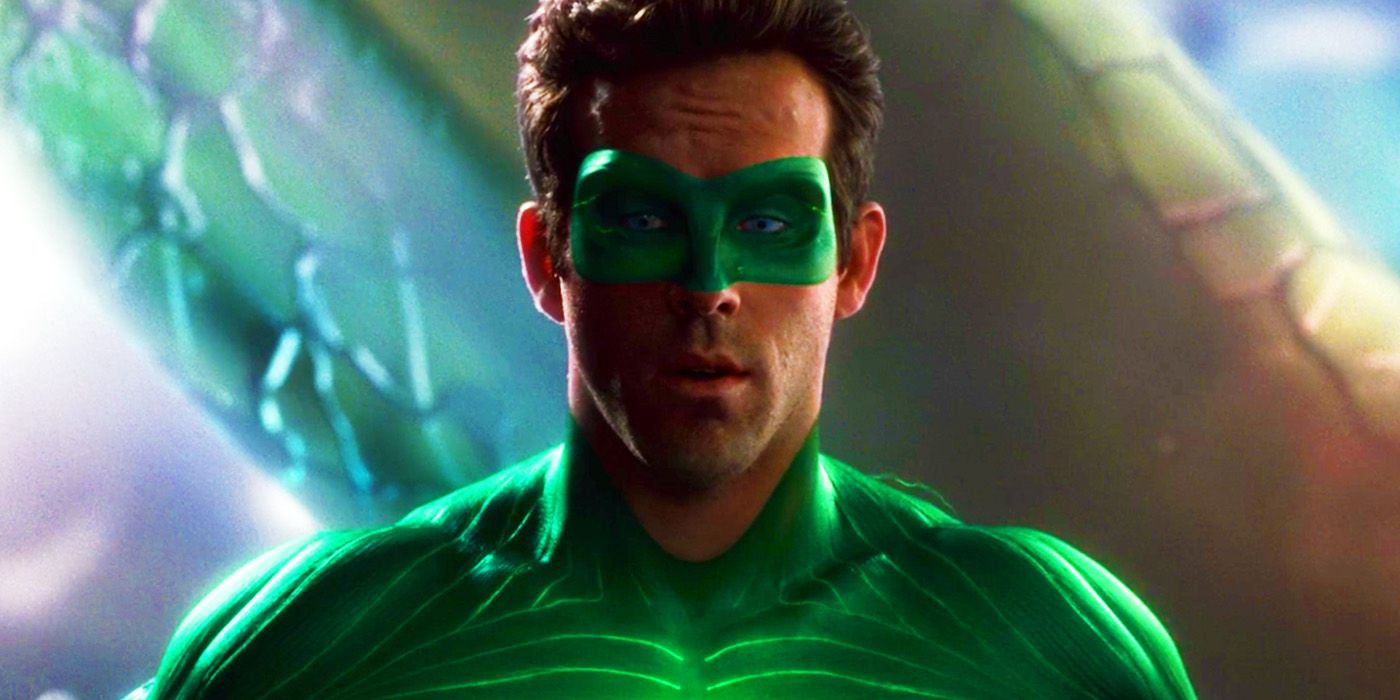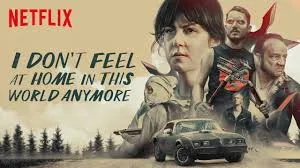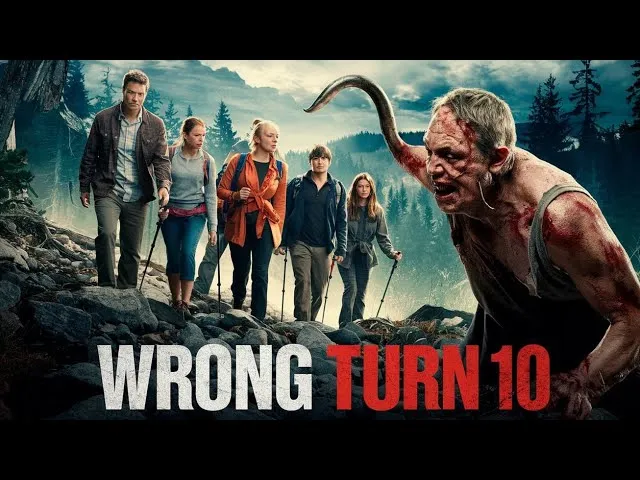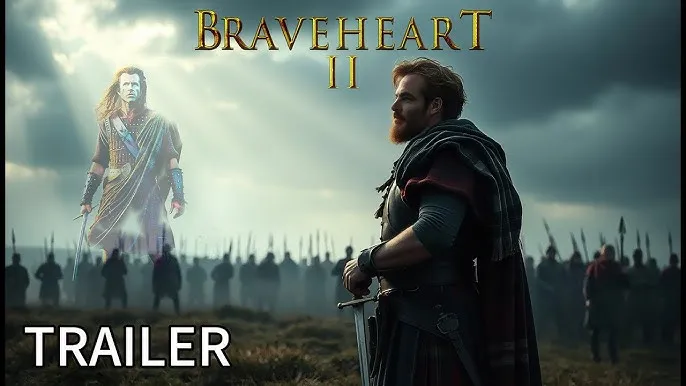Chosen by fate, burdened by fear, one man must find the will to save a world.
Green Lantern (2011) attempts to bring one of DC’s most iconic cosmic heroes to the big screen, with a story that spans galaxies and tests the limits of courage. Starring Ryan Reynolds as Hal Jordan, the film introduces the Green Lantern Corps—an intergalactic police force powered by will and protected by emerald energy rings. While ambitious in scope, the film struggles to balance its cosmic mythology with Earth-bound storytelling.
Hal Jordan is a cocky test pilot whose reckless behavior masks deeper insecurities. When the dying alien Abin Sur crash-lands on Earth, Hal is chosen by the Green Lantern ring to become the first human member of the Corps. Transported to the planet Oa, he trains among powerful beings from across the universe. But his true test arrives when the entity Parallax—feeding on fear—threatens to destroy entire worlds, including Earth.

Visually, Green Lantern offers vibrant CGI landscapes and glowing constructs, particularly in its depiction of Oa and the Corps. However, its overreliance on digital effects and inconsistent tone often distract from the emotional core of the story. The film swings between light-hearted superhero banter and heavy cosmic stakes without a confident rhythm.
Ryan Reynolds brings charm and wit to Hal Jordan, though the script doesn’t always support his performance with meaningful development. Blake Lively portrays Carol Ferris, a grounded counterpart and love interest, but their chemistry never fully ignites. Mark Strong’s Sinestro, however, stands out as a formidable and complex presence, hinting at deeper conflicts that a sequel might have explored.

Though it aimed to launch a cinematic universe, Green Lantern (2011) ended up being a missed opportunity—flawed, but not without potential. Today, it remains a curious entry in the superhero film genre: visually ambitious, thematically rich in theory, but ultimately lost in execution. Still, the idea of wielding willpower as a weapon remains powerful—and ripe for reinvention.



